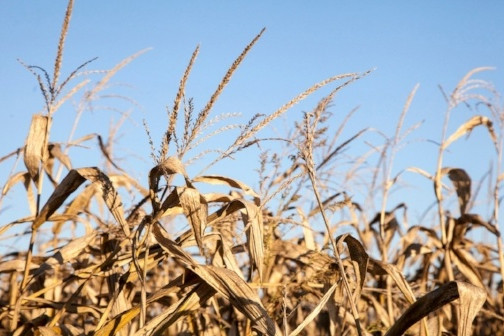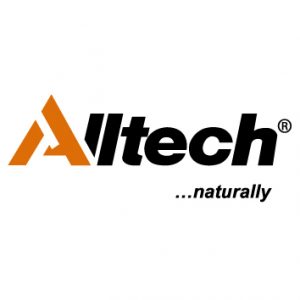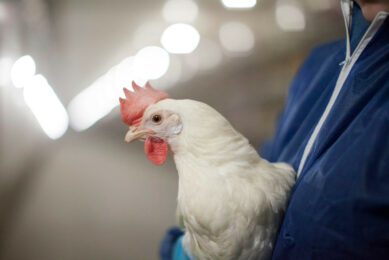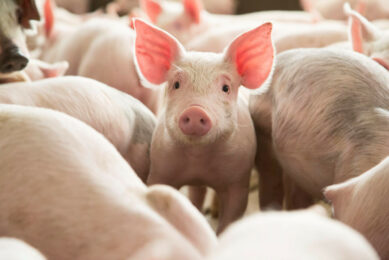Protect your feed quality during harvest months

Harvest time is here. During this busy time, remember to not only monitor what’s coming in from the field, but also to think about what could be happening in other regions from which you may be purchasing feed ingredients.
Moulds and yeasts can grow very rapidly as the weather warms in the spring and in the heat of the early summer months. But what about the end of summer and early autumn? The weather across North America was extremely variable this summer — from extremely hot temperatures to drought to floods, week after week. How do these weather patterns affect the crops, and what should you be looking for in your feed this fall?
Implications of drought
It is commonly understood that drought-stressed fields do not yield well. Digestibility and overall quality will be poor from feed grown in drought-stressed areas. Can living organisms like moulds grow during a drought? The answer is yes: many species of moulds will still grow during a drought, or they become dormant and wait for the right growing environment to return.
One example of a drought-tolerant mould is Aspergillus. Many times, Aspergillus moulds will appear olive green to yellowish in colour on infected plants. Aflatoxins come from the mould species Aspergillus flavus and Aspergillus parasiticus. Aflatoxins are carcinogenic and thrive in hot conditions. Aflatoxin B1 can convert into M1 and can be found in milk. If this toxin is found over a set limit, the milk must be discarded. When fed to livestock, aflatoxins cause liver damage, suppress the immune system and reduce protein synthesis.
What about areas under heavy rain?
Several moulds are typically found during summers of heavy rain, including Fusarium, Penicillium, Mucor, Rhizopus, etc. Fusarium is commonly found in both normal growing conditions and during wetter months. Many times, this mould first appears white and will change to a reddish-pink colour. Under stress, both in the field and during storage, this mould can form many mycotoxins, including the trichothecenes family (DON or Vomitoxin, T-2, etc.), fusaric acid, fumonisins, and zearalenones. Clinical signs that these are present include immune suppression, bowel haemorrhaging, reduced intakes, poor milk production, reduced weight gains, abortions, conception challenges, vasodilation and even mortality.
The Penicillium moulds will typically show blue to greenish in colour, or potentially white, depending on the host crop. Penicillium moulds will typically infect feed during storage, but abnormal weather patterns — such as heavy rains or, sometimes, cooler temperatures — can cause more mould to form. Certain tillage practices can also influence mould growth. When stressed, Penicillium moulds can form patulin, Penicillic acid and ochratoxin. Clinical signs that these are present include oedema, rumen upsets, loose manure, bowel haemorrhaging and increased rates of mortality.
Minimising mycotoxin risk
This is a minute sampling of the mycotoxin challenges that can exist during harvest in your fields. Remember: the commodities or other purchased feedstuffs that are shipped in by boat, train or truck may present their own mould and mycotoxin challenges. Check the origin of purchased feed to determine what stress or abnormal weather was experienced in that region.
Your local dealers, nutritionists or Alltech representatives can put together information on mycotoxin results from other regions. If you want to be especially diligent in lessening mycotoxin challenges, an on-farm Rapiread mycotoxin test or Alltech 37+ mycotoxin test will check your feeds for any concerns. Remember, more information on mycotoxins is always available online at knowmycotoxins.com.






